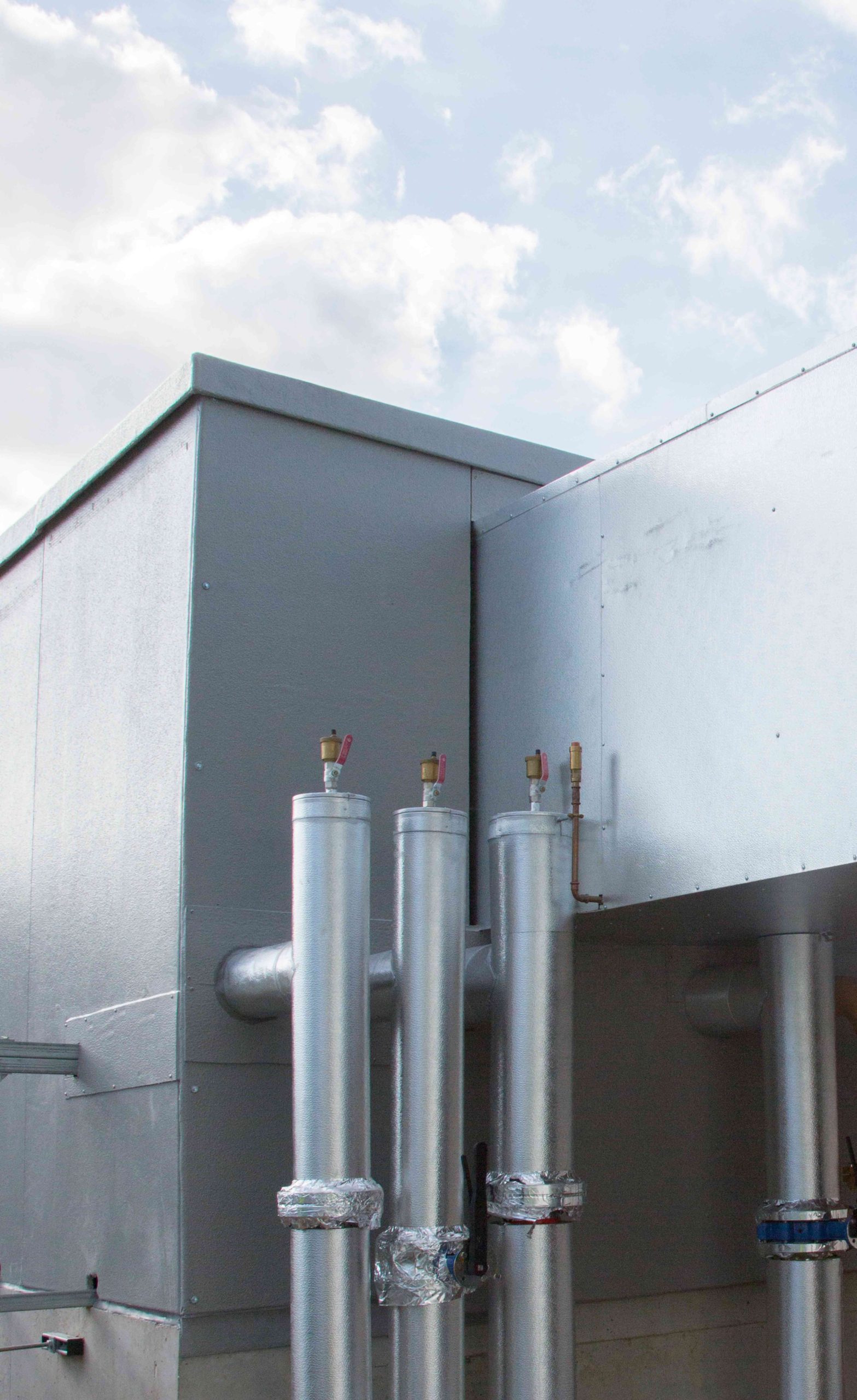
HVAC systems face the strain as Met Office raises heatwave thresholds
Rising temperatures mean British businesses could face increased pressure on their HVAC systems this summer, as the Met Office has revised its heatwave threshold temperatures in several parts of the country.
In an announcement simply headed “UK climate change in action” the Met Office increased the minimum temperature required to declare a heatwave in eight counties in total:
- From 25C to 26C in the East Riding of Yorkshire
- From 26C to 27C in Lincolnshire
- From 27C to 28C in Bedfordshire, Berkshire, Buckinghamshire, Cambridgeshire, Hertfordshire and Surrey
While a heatwave is considered an extreme weather event, they are becoming more common in the UK as average temperatures increase.
What is the definition of a heatwave?
The Met Office define heatwaves as a period of three (or more) consecutive days on which the daily maximum temperature exceeds that location’s heatwave threshold.
With the newly revised thresholds, it will be harder for counties in the south and east of England to meet this technical definition; however, it is more likely that temperatures will exceed their previous thresholds as heatwaves continue to become more commonplace.
Dr Mark McCarthy, head of the Met Office National Climate Information Centre, said: “A scientific study by the Met Office into the Summer 2018 heatwave in the UK showed that it was 30 times more likely to occur now than in 1750 because of the higher concentration of CO2 in the atmosphere.”
Preparing HVAC systems for heatwaves
It is better to be proactive about preparing HVAC systems for heatwaves, as they are an inevitability of the current UK climate.
Dr McCarthy added: “As greenhouse gas concentrations increase, heatwaves of similar intensity [to 2018] are projected to become even more frequent, perhaps occurring as regularly as every other year.”
By ensuring HVAC systems are well maintained and running efficiently, businesses can help to avoid ‘unmet cooling hours’, a measure of times when air conditioning fails to reduce the air temperature to the desired degree.
Predicting HVAC energy demand
In a study in the July 2022 edition of Renewable and Sustainable Energy Reviews, a team from the School of Photovoltaic and Renewable Energy Engineering at UNSW in Australia predicted how climate change will affect the performance of HVAC systems in the years to come.
Their study anticipated a 35% increase in peak cooling, with up to 189% increase in unmet cooling hours by 2050, along with a rise of 18-37% in HVAC energy consumption due to cooling.
Efficient, well-maintained HVAC equipment will help to mitigate these impacts, while installing the correct capacity will ensure premises are cooled to the desired temperature, without putting undue strain on the hardware.
Find out more from Fletchers
If you would like to take action now to minimise your business energy bills due to HVAC and cooling running costs, while benefiting from a thorough audit of your existing air conditioner capacity, Fletchers Engineering can help.
Give us a call today and we will be happy to arrange an initial meeting, before we make any recommendations for upgrades, replacements or new installations to help meet your workplace’s evolving HVAC demands.























